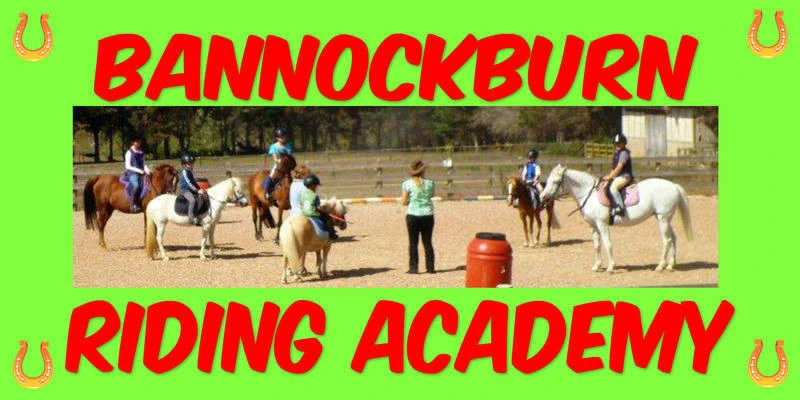Pony Riding Activities for Kids - Papakura (2112)
Best match results for pony riding activities for kids in Papakura (2112) + 5km.
Other related businesses in and around Papakura (2112) (within 20km)
At Bannockburn we provide high quality: *Themed Pony Parties, fully catered or non catered, decorated venue, costumed ponies and handlers. *Pony hire for off site parties or events, 1-4 ponies/horses can be provided. *Horse Riding lessons for all ages and abilities. *School holiday riding programmes and overnight camps onsite. We cover a huge area with our traveling ponies/horses, between Orewa and Hamilton. We take children from ages 3 years+ for riding lessons and adults of course too.... Read more
Here at InGoodTimeHorsePark we provide the pony and gear and teach your child the responsibilities of having a pony in their life. We run family friendly riding sessions where the parents can learn alongside their child creating special memories. We run sessions for ages 2 years to 14 years with various sizes of ponies to match your child, using miniature horses to large ponies, including our resident Kaimanawa Wild Horse Possum. Read more
- 1424 Alfriston Road, Alfriston (2105), Auckland Region
- 5-10 km from Papakura (2112)
- 251 Redoubt Road, Manukau (2025), Auckland Region
- 20-30 km from Papakura (2112)
- 46 Whitford-Maraetai Rd, Whitford (2571), Auckland Region
- 20-30 km from Papakura (2112)
- 52B Wellesley Road, Mangere Bridge (2022), Auckland Region
- 20-30 km from Papakura (2112)
- Abderry, Glenbrook Rd, RD4, Pukekohe (2120), Auckland Region
- 20-30 km from Papakura (2112)


